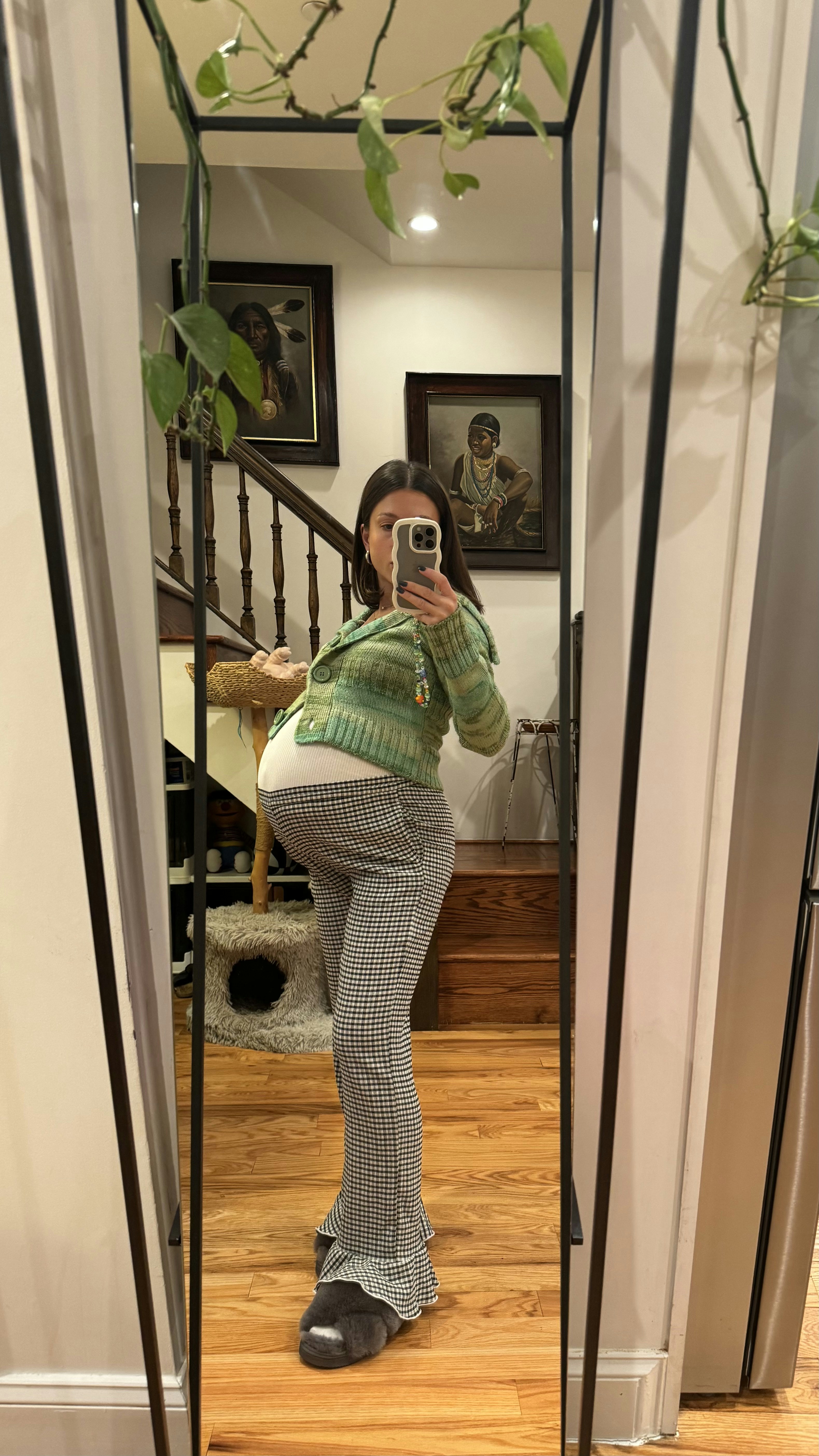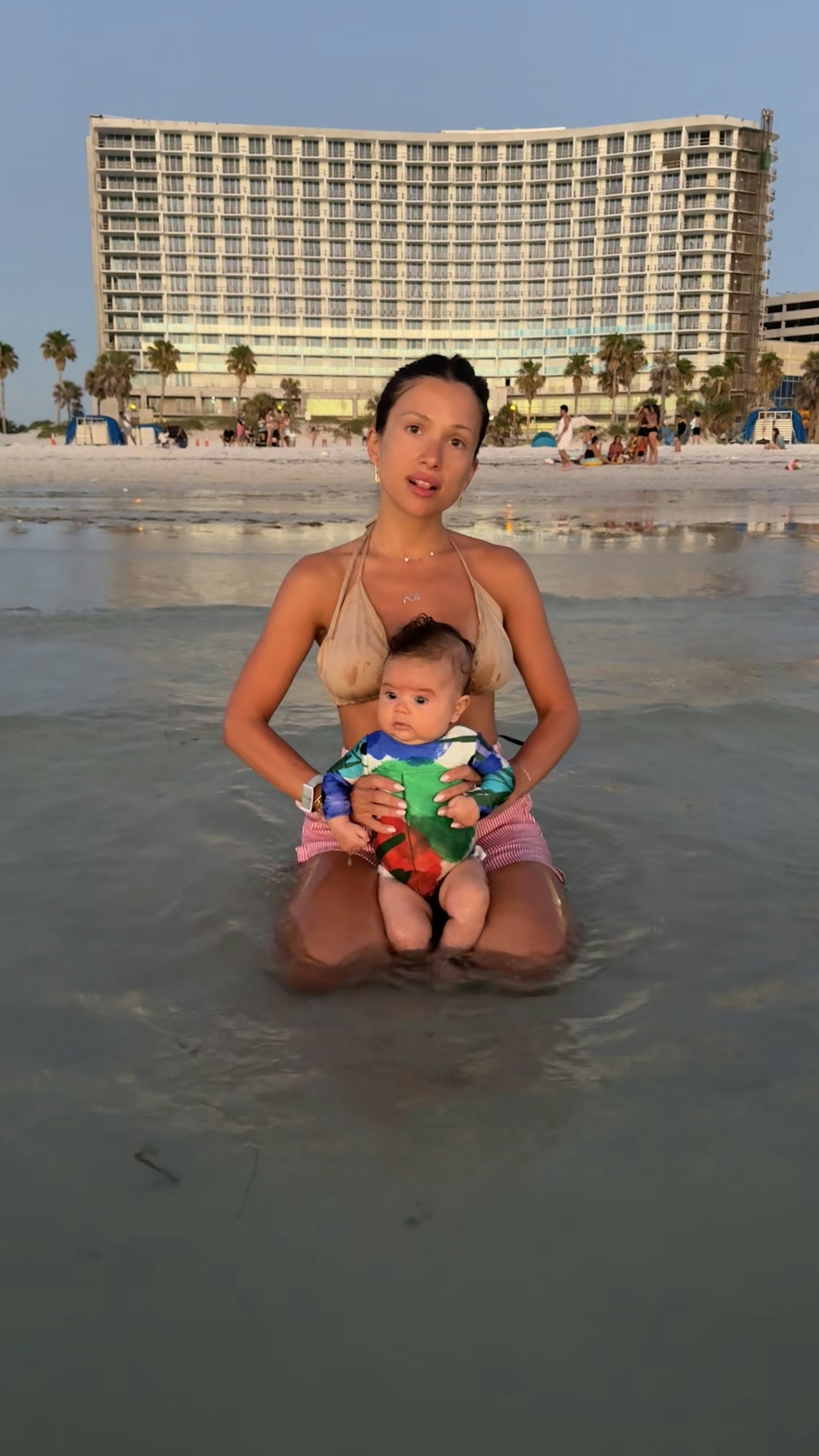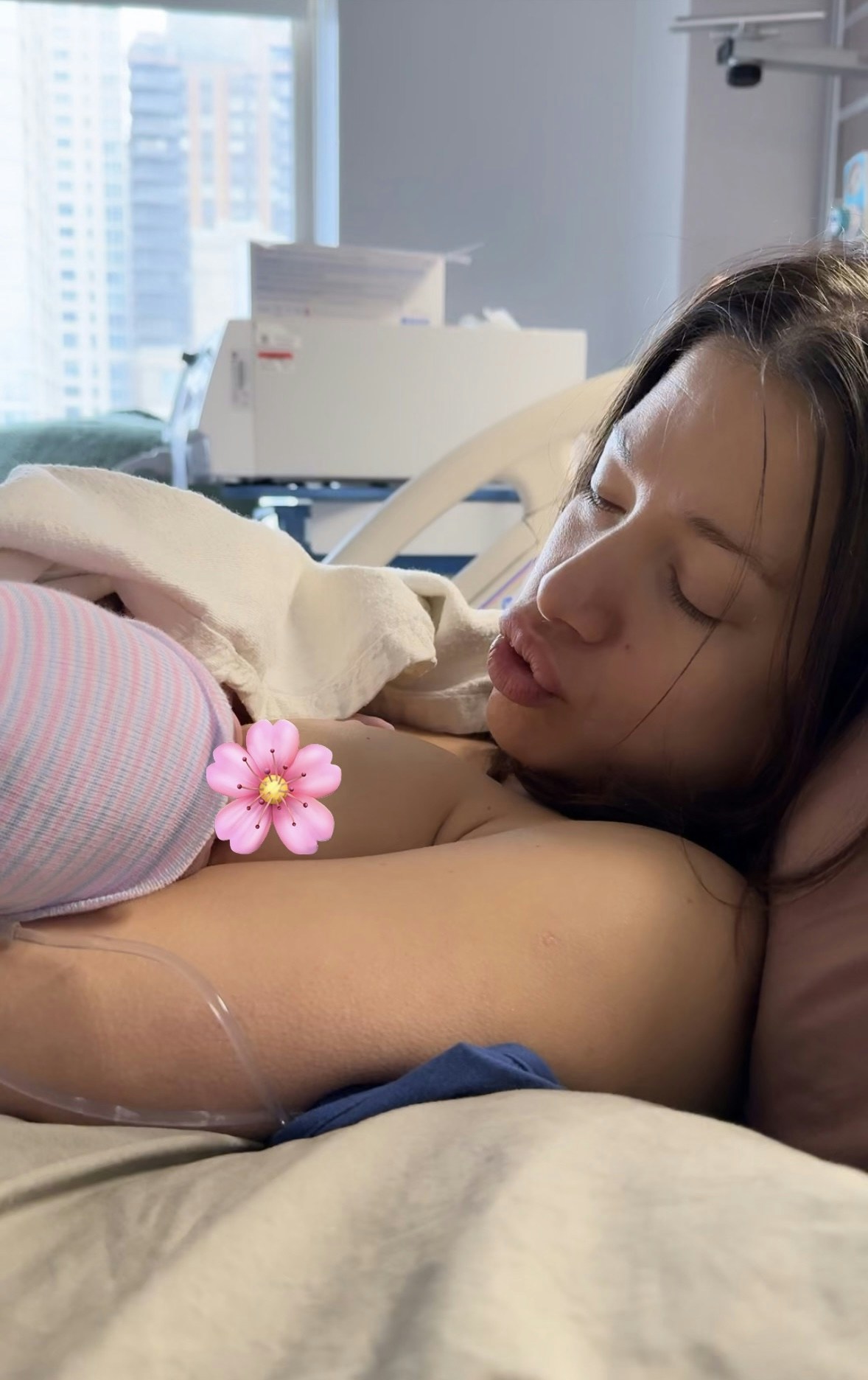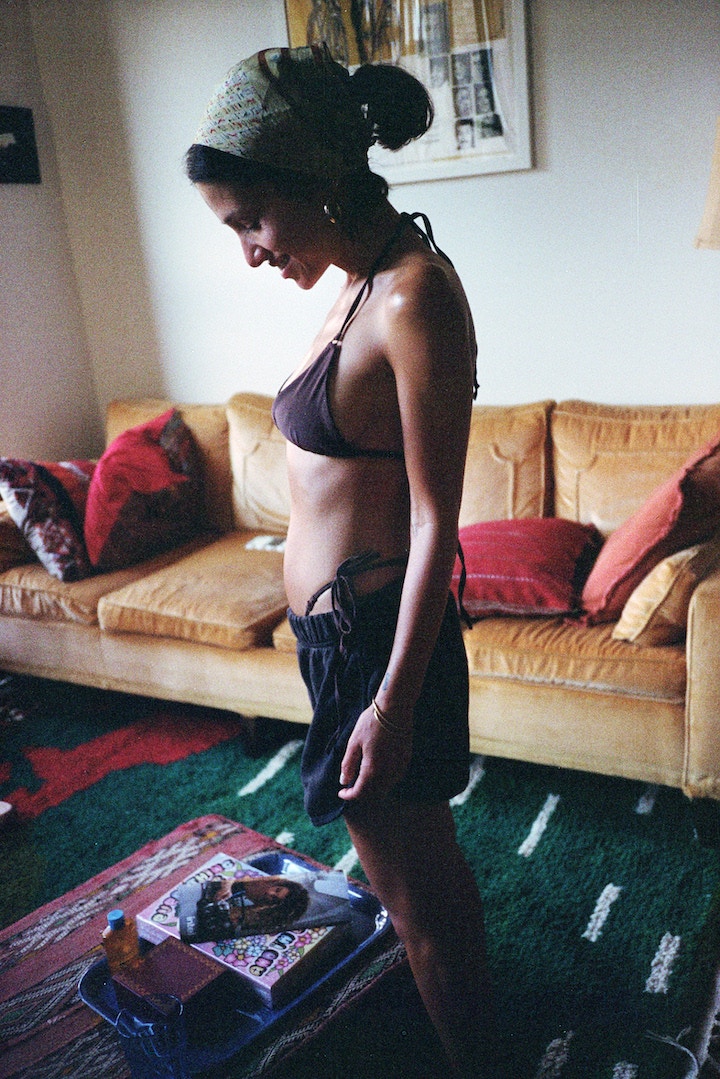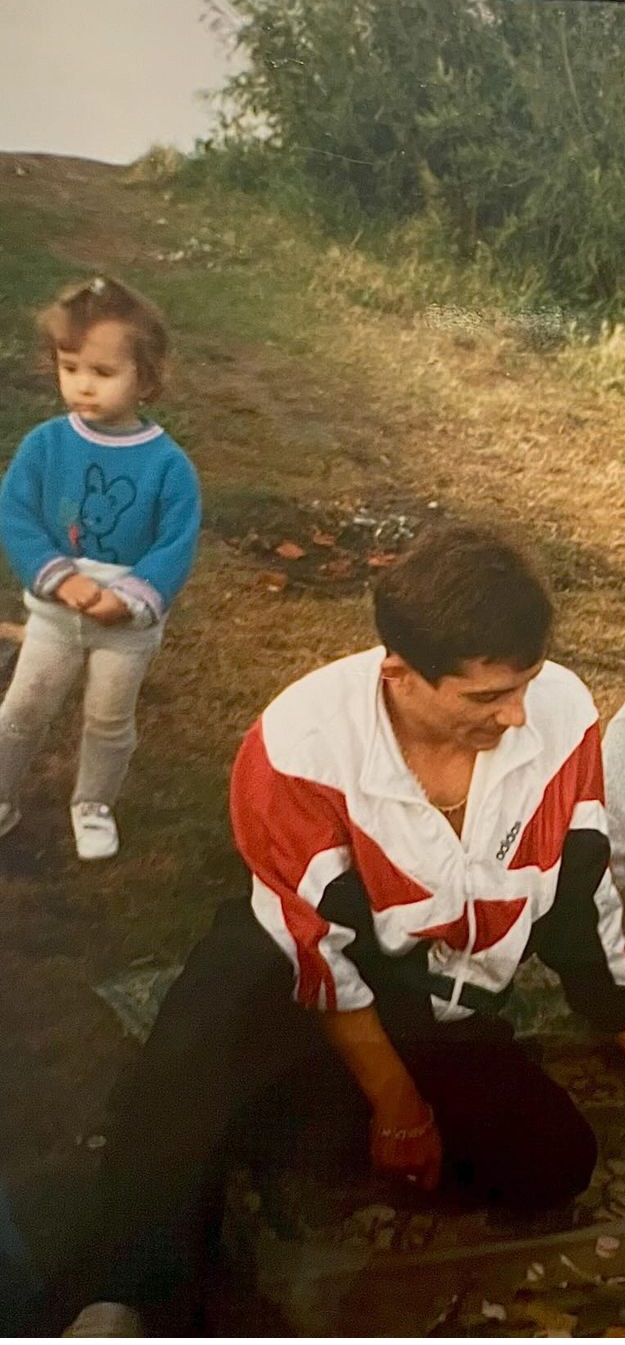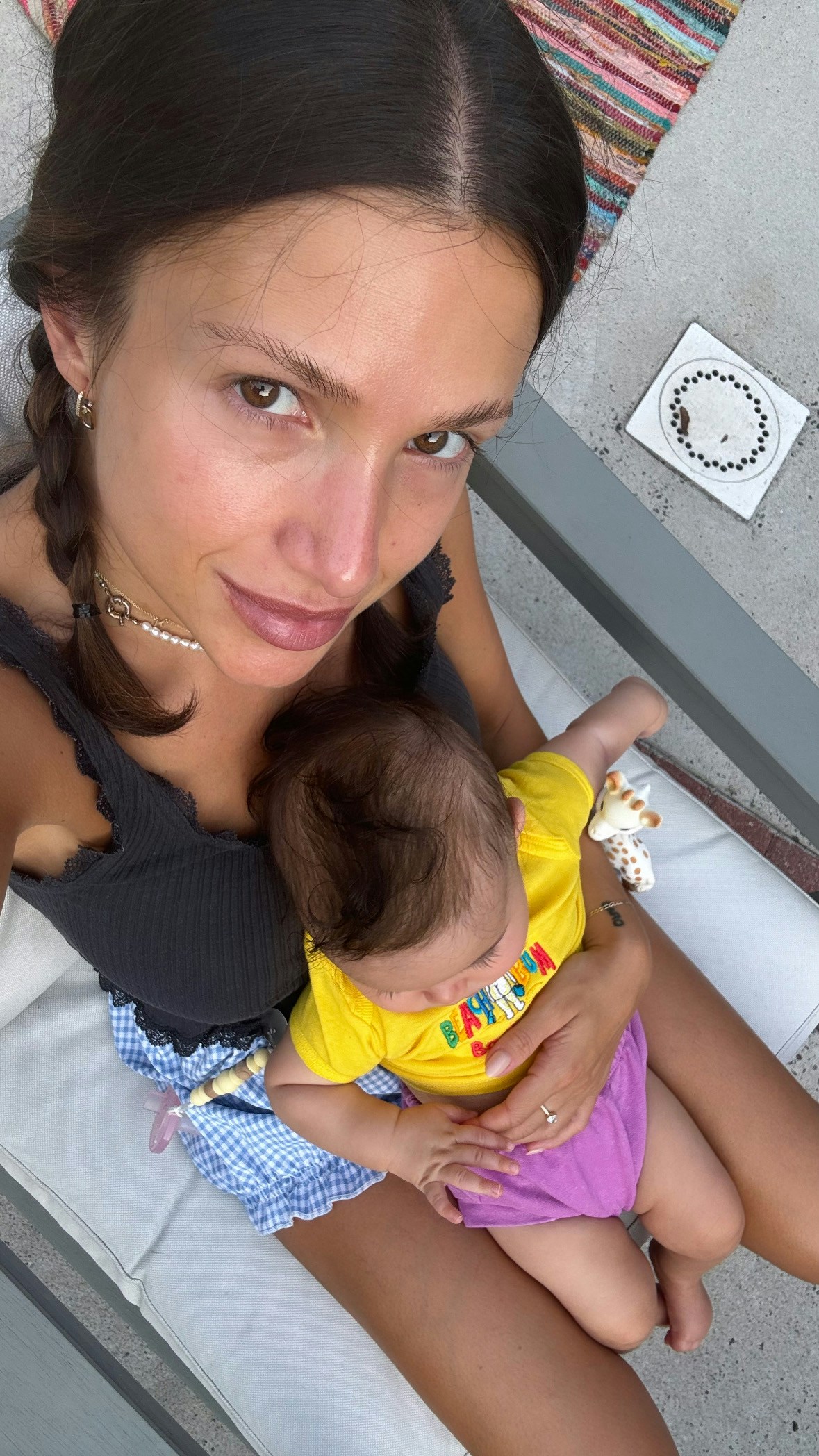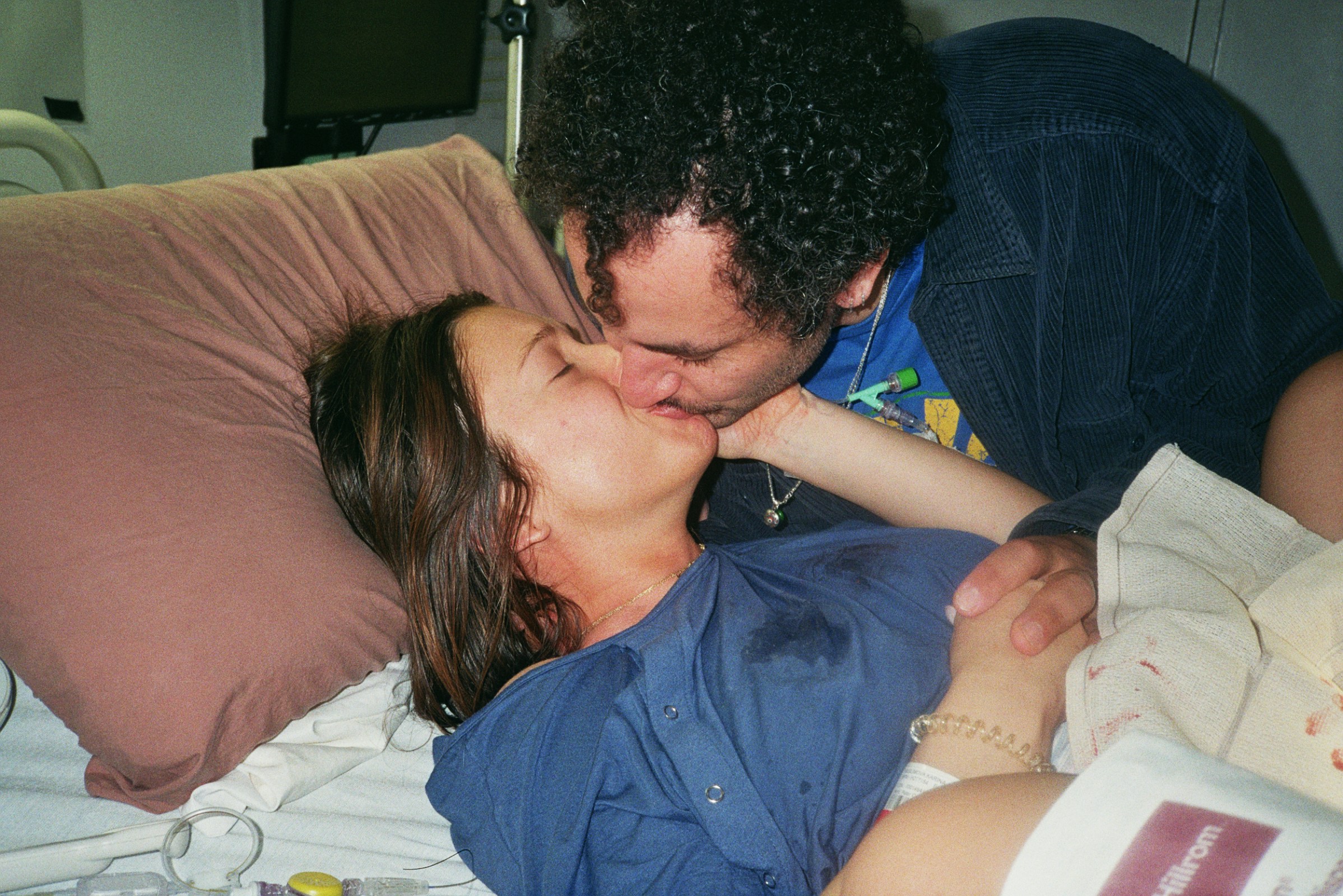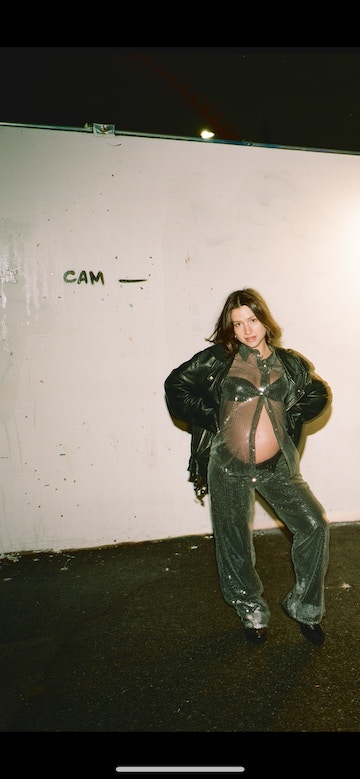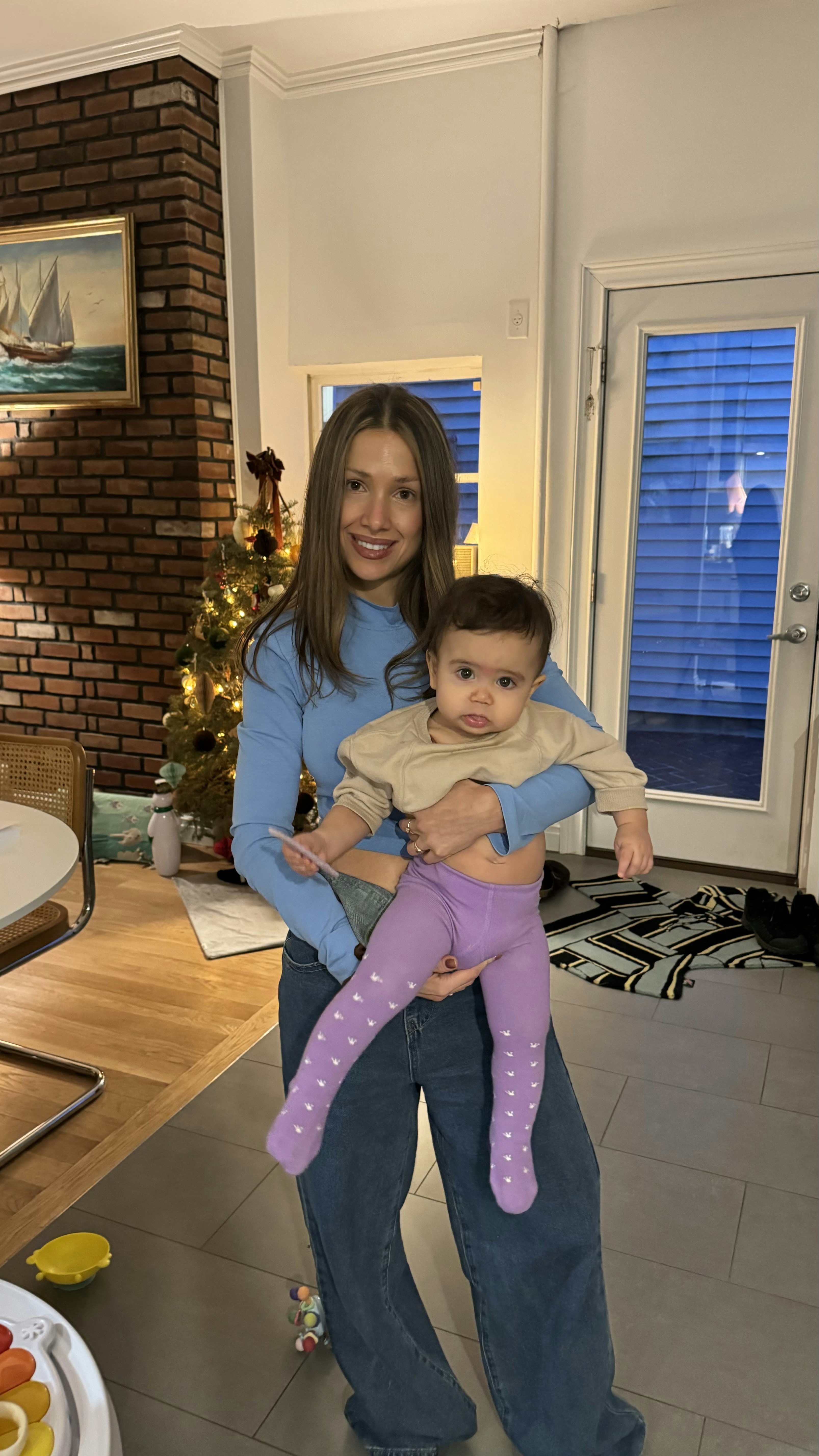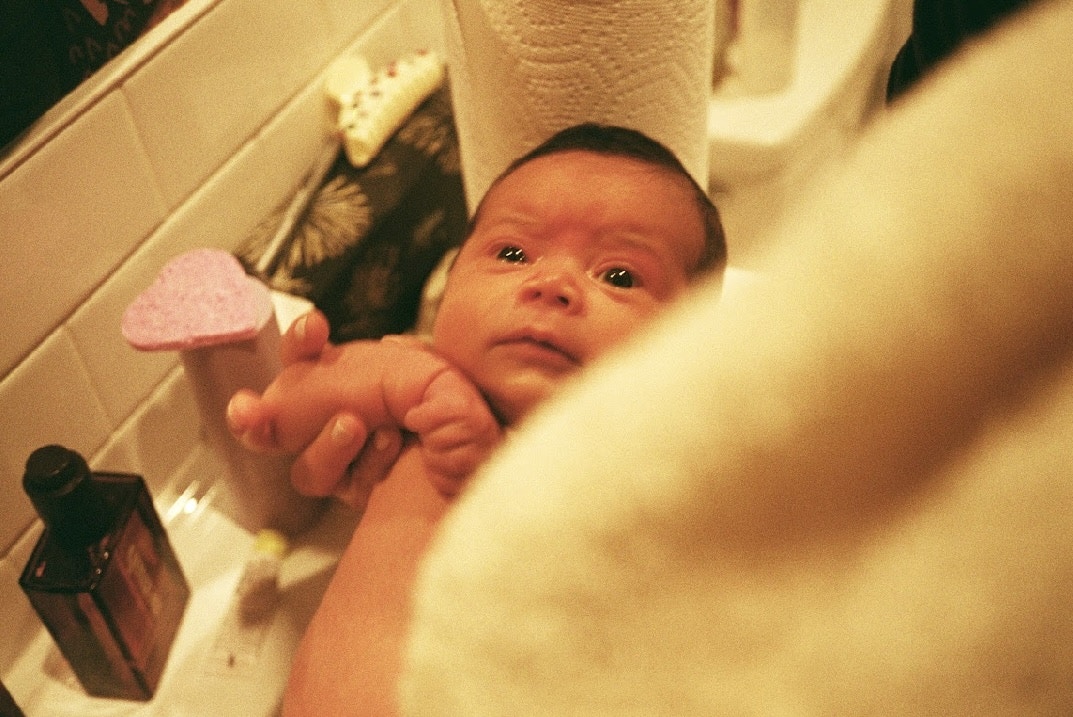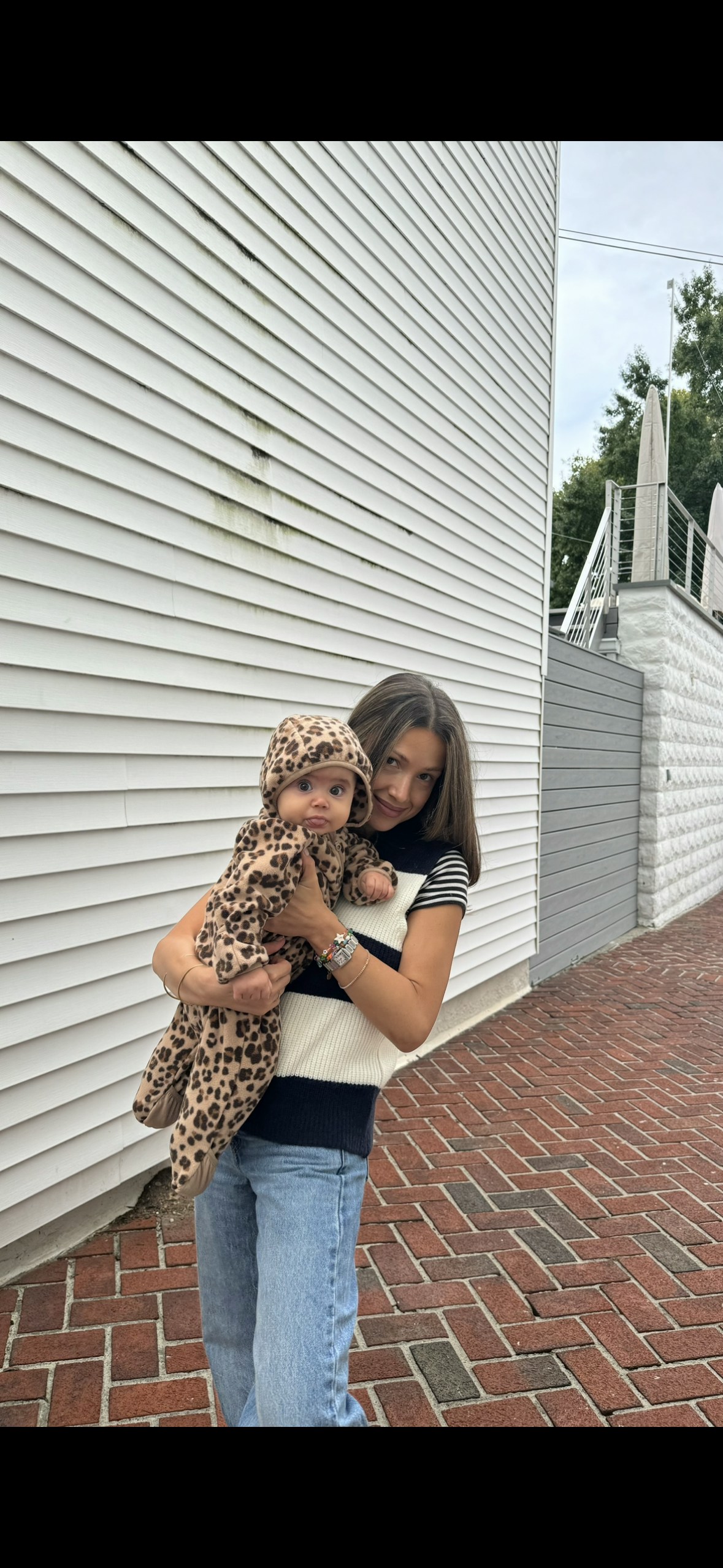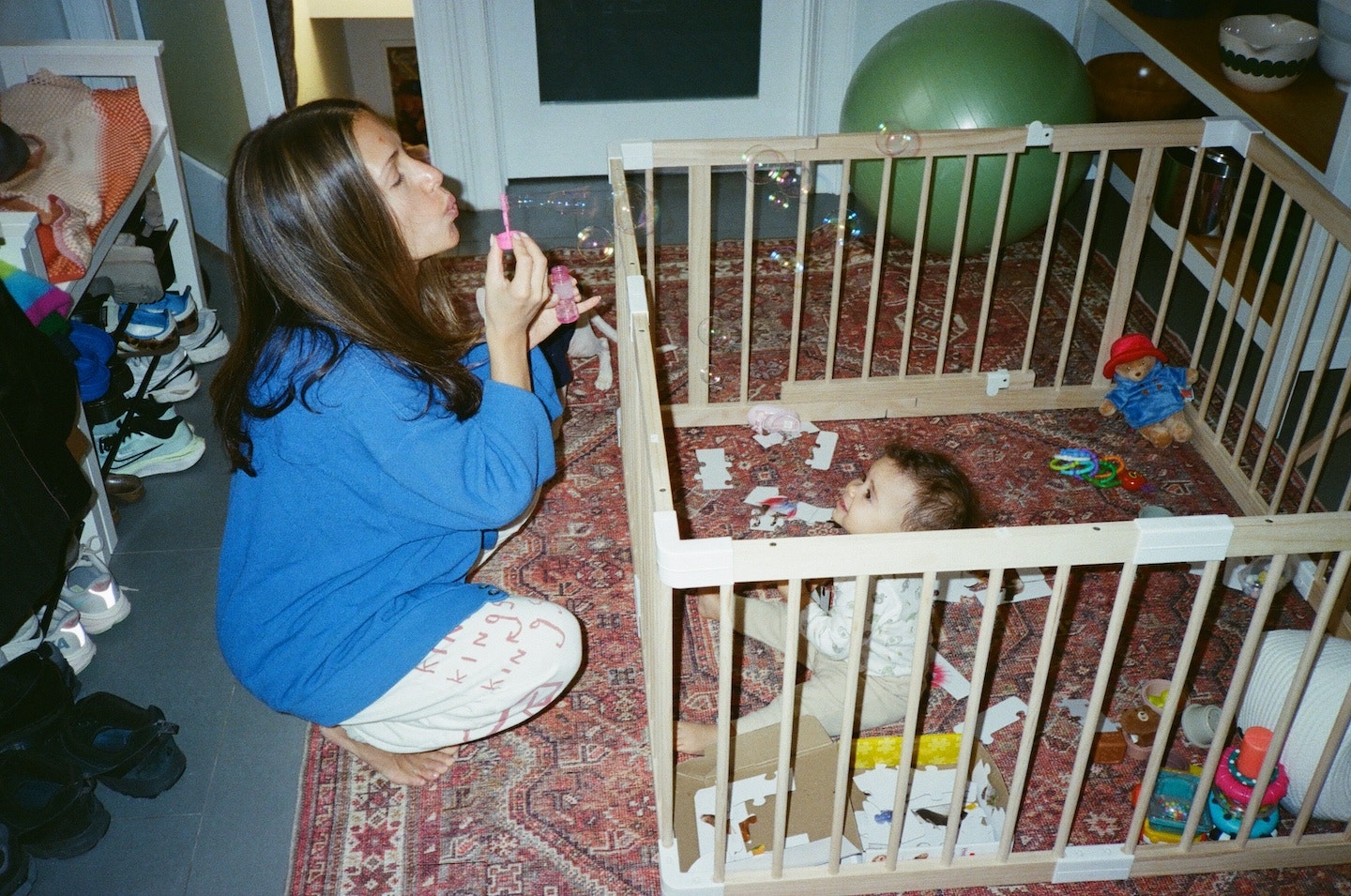
What is liberation, really?
Words by Karina Muslimova
“Would you like to know the gender of your baby?” a nurse gently asked me, phoning from the clinic where I had just undergone a regular 10-week scan.
She caught me in my office at the United Nations, mid-workday, where my pregnancy was still a secret I held close. I was navigating exhaustion with quiet defiance, stealing 15-minute naps in my office whenever the reporters I shared the floor with rushed toward the doors of the Security Council, hungry for headlines.
“Yes,” I answered without hesitation. Yet the question itself felt almost redundant because from the moment I knew I was pregnant, I believed in one thing with unwavering certainty: I was carrying a boy.
I can still see the moment I found out I would become a mother, encapsulated in a video my now husband captured: my boyish silhouette in pajamas, hair a delightful morning mess, hands clasped over my mouth as if trying to contain the breath stolen by shock, five positive tests sprawled across the sink. And in that moment, standing on the cold tile of our bathroom floor, I strongly embraced the idea that the sesame-seed-sized being growing inside me pulsed with vibrant, tender, masculine energy. My love for him was instant and my excitement about raising a little man surged beyond measure.
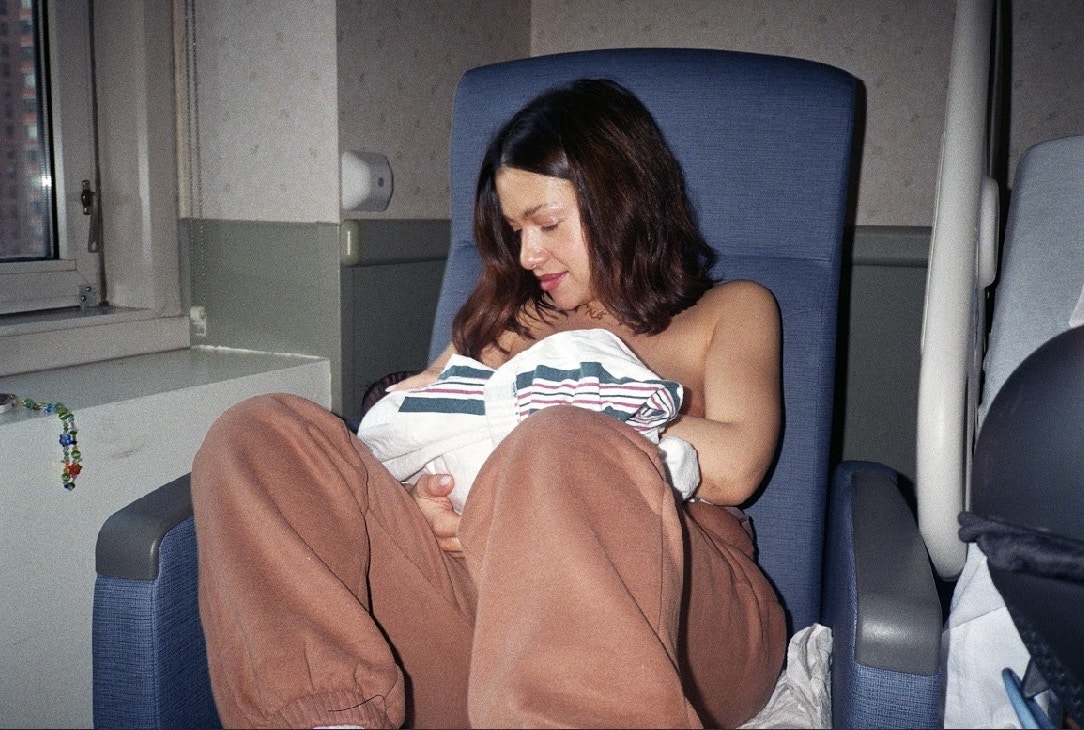
“It’s a girl!” The nurse’s voice wavered, as if she, too, felt the enormity of what she was delivering.
"Are you sure you’re calling Karina?” I asked, hoping she had the wrong mother, the wrong baby, the wrong fate.
“Yes. You’re having a baby g—”
I didn’t hear the rest. I collapsed onto the floor, tears spilling down my cheeks. It wasn’t sadness, nor was it joy. It was something vast and tangled, something that pulled me backward and forward at once. It was the sobs of my three-year-old self, dropped off by my mother at kindergarten, the shame of my puberty and teenage years, the bruises of my twenties, inflicted by the weight of wrong turns.
I wasn’t crying for my daughter. I was crying for the girl I had been. Though wonder and joy had always filled my life, I was no stranger to the shadows that stretched long beside them. So, I knew, with bone-deep certainty, that the last thing I wanted was for my child to inherit the same burdens, to spend her life breaking through walls built for us and around our bodies, to balance against the weight of being born a girl.
And yet, here she was. Here we were.
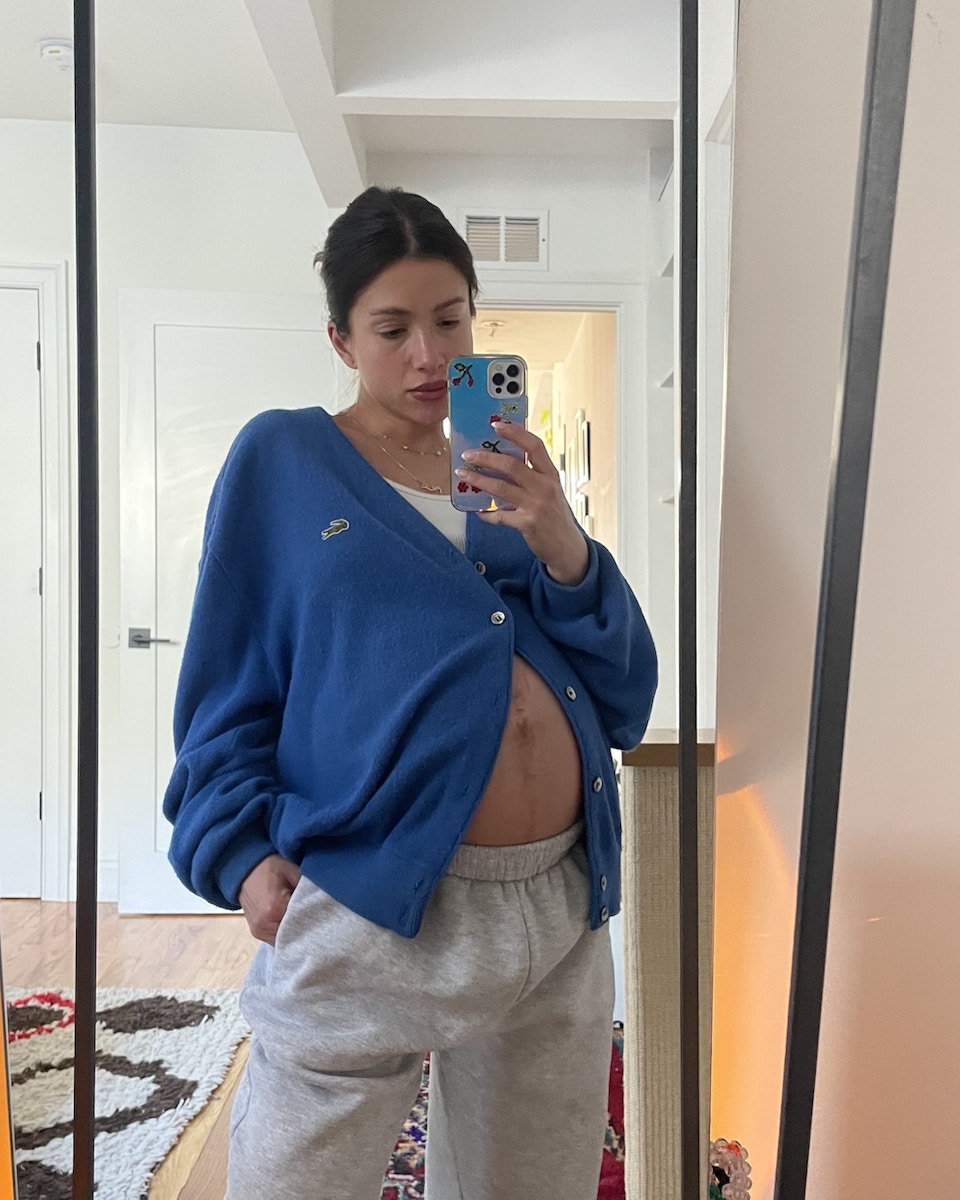
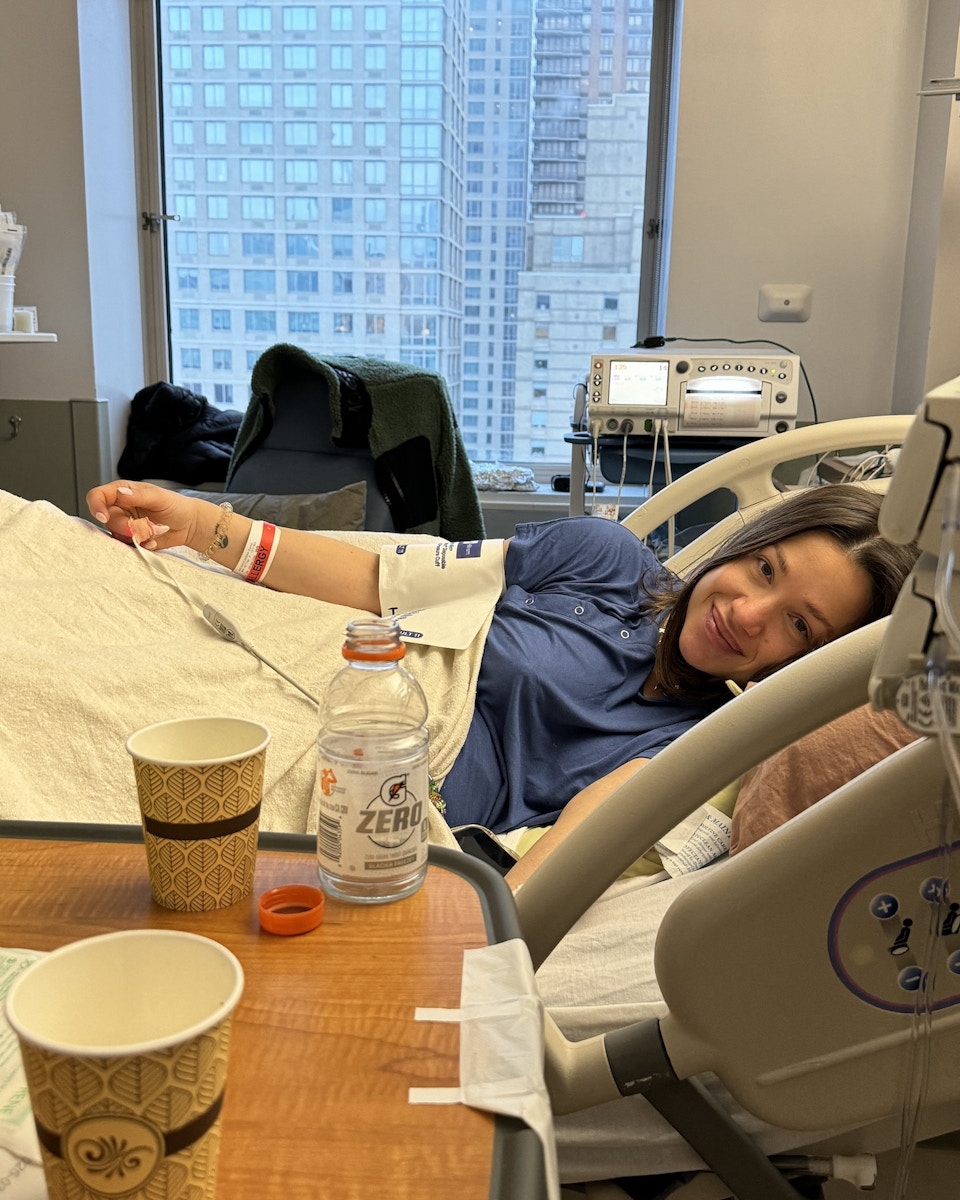
I was the daughter of a father who surfaced in my life only three times a year until I was 14—the last time I ever saw him. He died three months after I gave birth, forever locking us into a limbo where no proper line of communication had been established, no resolution reached. Marred by the absence of his affection, I grew into a woman deeply uncomfortable around men, allowing them to hold all the power simply because I had never observed them close enough to learn otherwise.
Men were foreign to me. An unknown force. Their presence felt like a current I had to navigate carefully, their desires and expectations a tide I had been conditioned to simultaneously fear and respect. Without realizing it, I became the kind of girl who sought validation in their approval, who believed that if I was small enough, accommodating enough, desirable enough, I could earn the love I was never given.
In the second grade, I first became aware of the loudness of the female body, discovering that a boy’s attraction could manifest as something violating. Pressed against a wall in a dimly lit school hallway, held in place by three boys—two of whom were older—I learned what it meant to be powerless while the boys were learning female anatomy. Right there, I also learned silence.
I kept the incident to myself because the summer before, at eight years old, I had already found out what happens when a girl speaks. A boy had been bothering me at camp, and when I told the counselor—a man in his forties—he looked me up and down and said, “Maybe you should be less vulgar.”
I didn’t even know what vulgar meant. I asked my mother later, and when she explained, I refused to tell her where I had heard it. What if she thought I was vulgar, too? Worse, what if that man had been right?
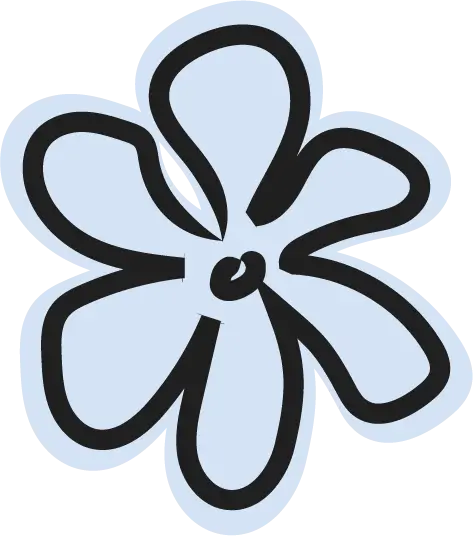
"Men were foreign to me. An unknown force. Their desires and expectations a tide I had been conditioned to simultaneously fear and respect. Without realizing it, I became the kind of girl who sought validation in their approval."
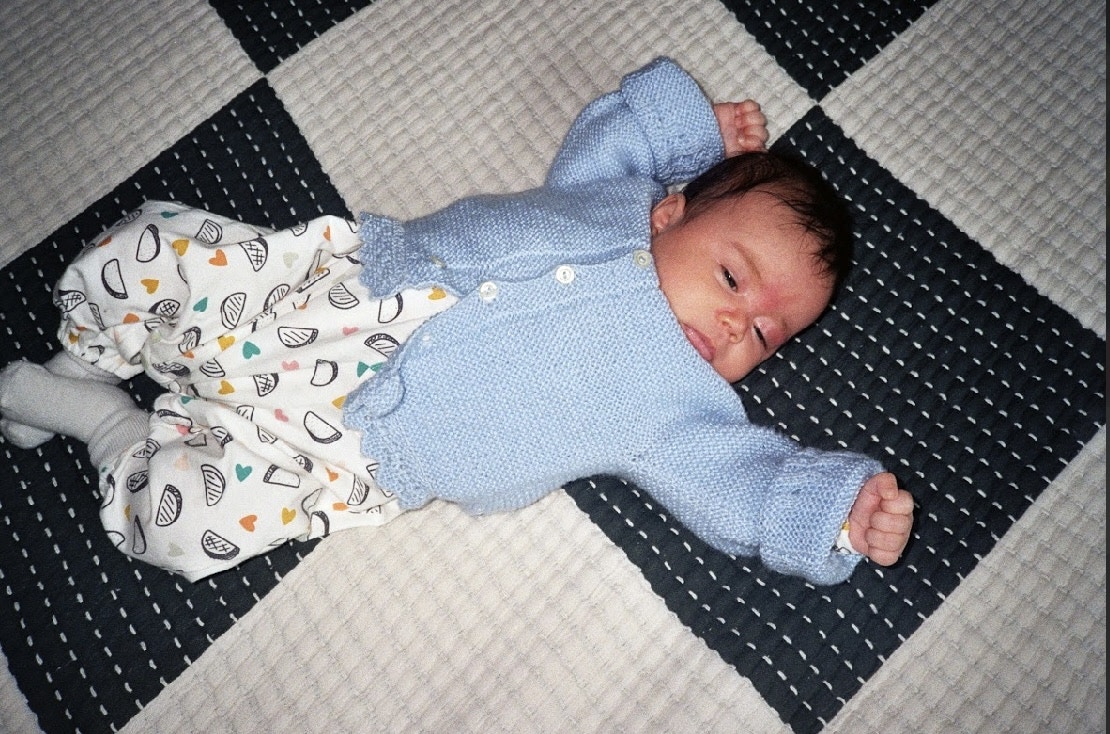
At eleven, my body began to change, and the world took notice. It no longer belonged to me. The rules shifted overnight. Suddenly, I needed a bra. A bra? But I was still waiting for my Hogwarts letter, still convinced my Barbies came to life at night, still burying my face in my mother’s chest for comfort.
Fine, I thought. I’ll wear the bra. Maybe this will be my silent contract with the world. Maybe if I give something up, they will leave me alone. But of course, they didn’t.
Instead, the comments evolved. Older men offered compliments I never asked for. Teachers chastised me for wearing lip gloss, as if a shimmer on my lips was an invitation. Even my parents, trying to prepare me, warned that if other girls were acting mean, it was because they were jealous.
Jealous? Of what? My bra? My lip gloss? My existence? No one explained. The world was closing in, demanding modesty, then punishing my shyness. I was pulling myself apart, piece by piece, trying to fit into expectations that contradicted themselves.
"At eleven, my body began to change, and the world took notice. It no longer belonged to me. The rules shifted overnight."

When I turned 19, I left my motherland for New York City, chasing freedom in the form of a journalism degree—a path I hoped would anchor me in the West, away from the relentless voices dictating what a young woman should be. I graduated, secured a job I actually went to college for, and, in a twist of fate, found myself in a relationship I now wish I could erase—a nightmare that clung to me, lingering in the sweat of sleepless nights.
Like so many women starved of self-worth, I fell for a broken man, believing my love could mend him. He was a carcass of a human, home to a violent hyena, feeding on vulnerabilities with a hunger that could never be sated. Love-bombing, devaluing, discarding: his cycle of abuse was as relentless as the fists and chokeholds that often touched my skin.
I stayed for almost five years. And then, one day, I left. With two suitcases, a green card, my dog, and nothing else. I was completely alone in Florida, a place we moved to as the pandemic was raging. No apartment to return to. No friends—the ones we had shared remained under his spell, trading courage for comfort, choosing his story, the one where I was the villain, the ungrateful, the bitch.
I had no idea where to go, no map for what came next.
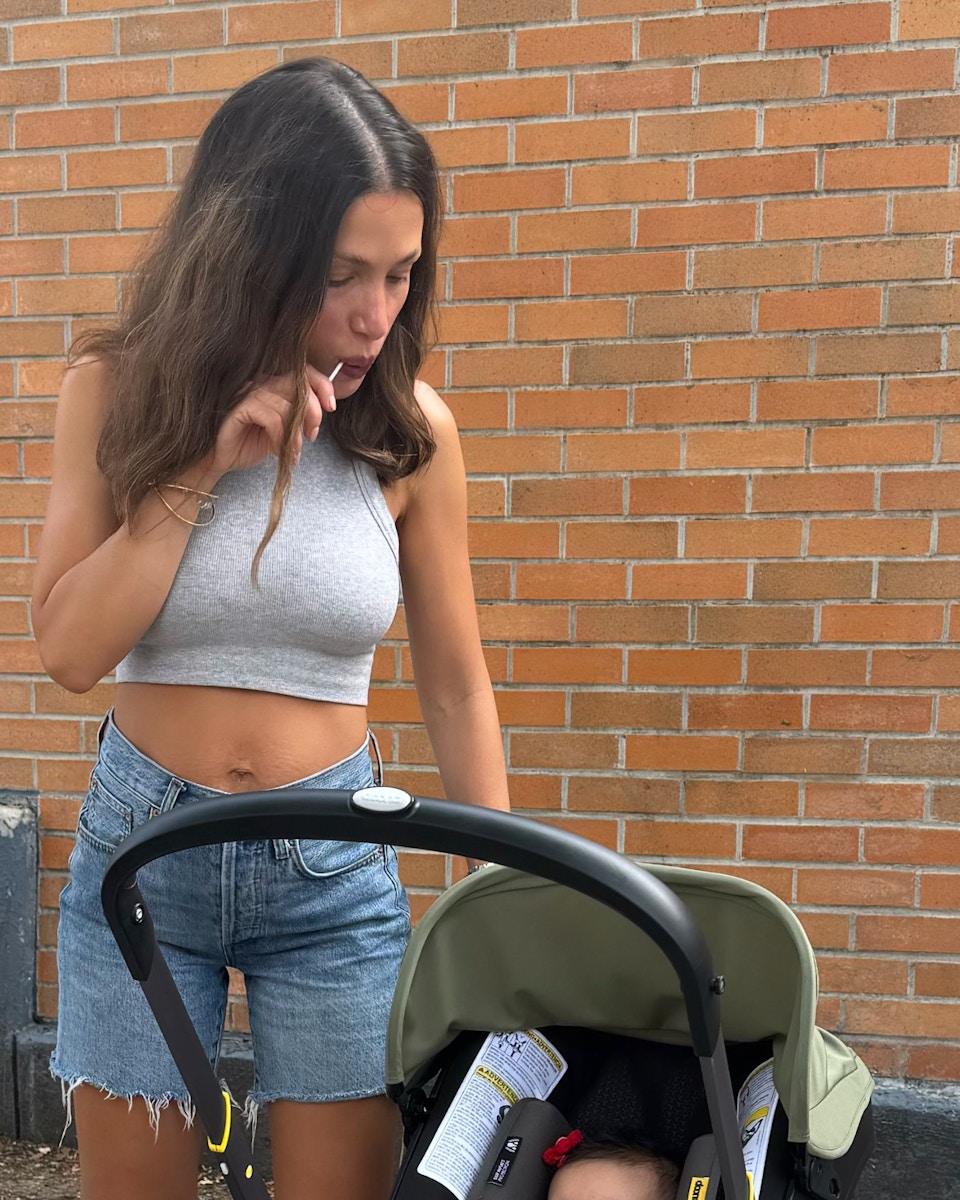
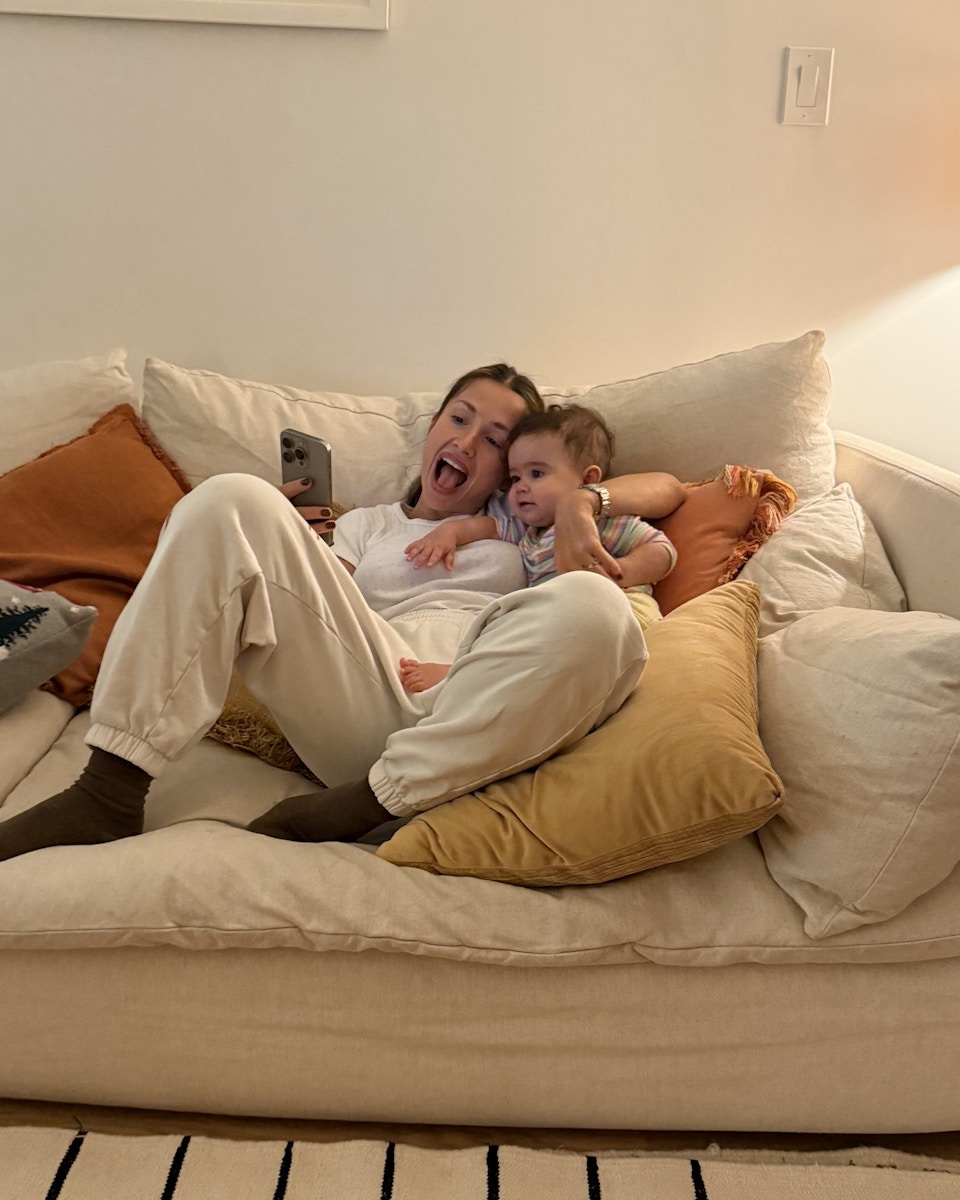
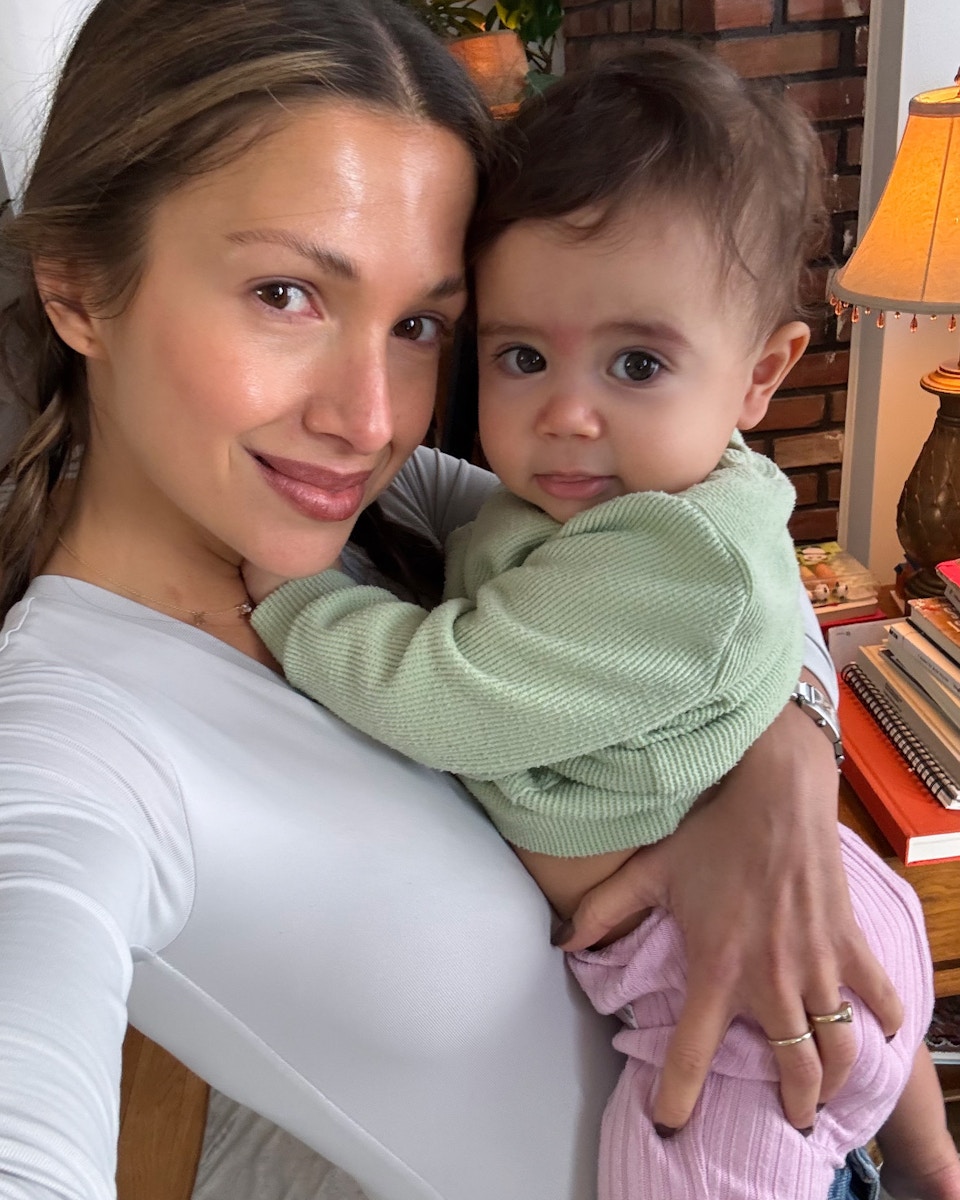
And yet, somehow, with the support of my unshaken mother and my loyal old friend in New York, who offered me to stay with her, I kept moving.
As often happens, after being trapped in the eye of the storm, I found strength in the wreckage. More than that, I found an even greater faith in humanity, a deeper empathy for the struggles of others, and an unstoppable will to rebuild my life with purpose, peace, and love. Less than a year later, back in New York, I met the man with whom I would create life’s most beautiful gift—our precious daughter, a little soul who carries fragments of his kindness in her heart.
And with her growing inside me, something else was born: a quiet liberation. Pregnancy, in its own way, set me free. It was astonishing to walk down the street without being catcalled, to exist without the weight of unwelcome gazes from men who had never learned how to live alongside women without consuming them. It felt incredible to be big and round without seeking approval. For the first time, the world did not demand something from my body but instead revered it for what it was creating.
But this liberation wasn’t born from an unshakable sense of self-worth. It came from something far more unsettling. The world, for the first time, had stopped sexualizing me. The moment my belly became visible, I was granted a moral status I had never known before. And in that shift, I felt freer than I ever had in all my years of trying to mold myself to expectations designed by men.
"And with her growing inside me, something else was born: a quiet liberation. Pregnancy, in its own way, set me free."
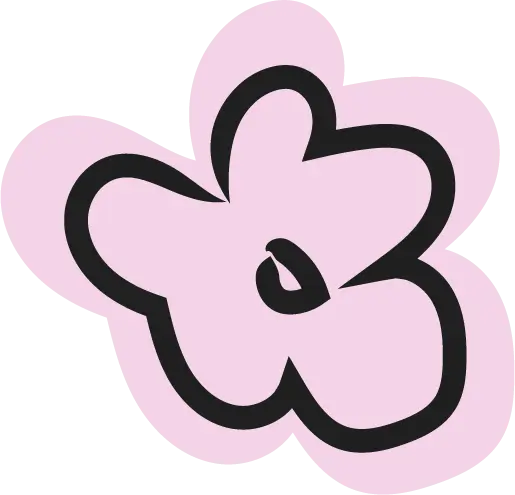
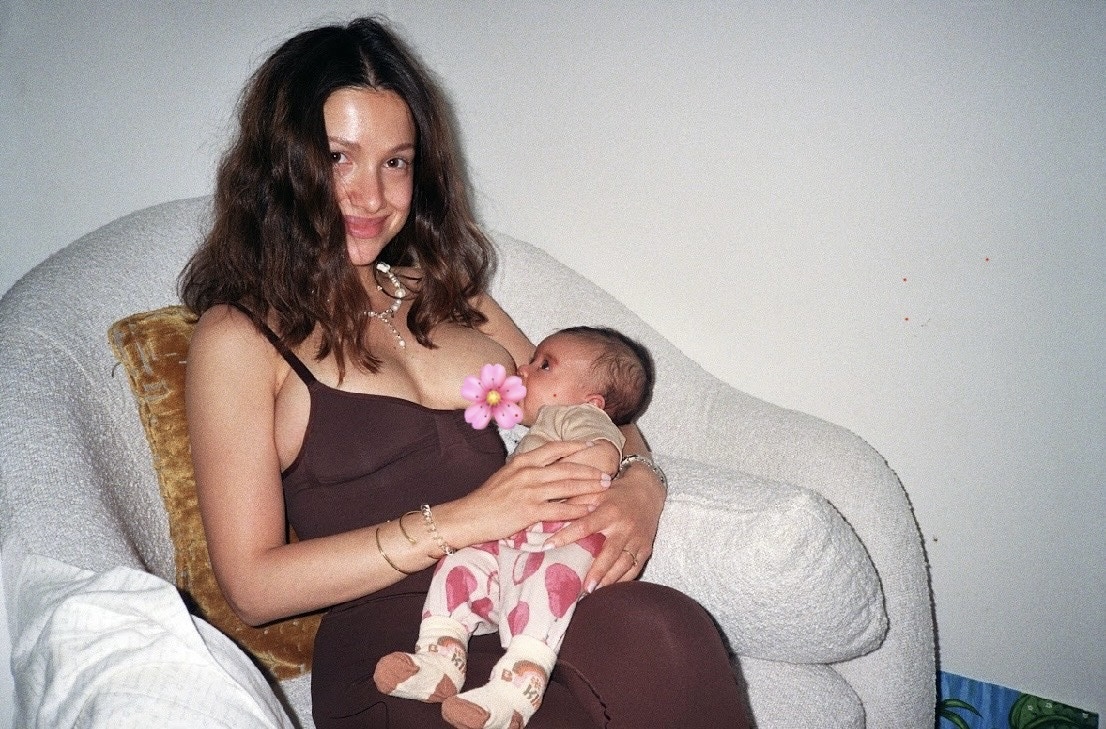
Yet even in that fleeting freedom, I carried an old fear—the same fear that gripped me when the nurse told me I was having a girl. A fear that, at its core, was never about my daughter but about the world she would inherit. But perhaps now, this fear serves a purpose. It sharpens my resolve, solidifying me in the immense responsibility of teaching her what I was never taught: how to move through this world without surrendering pieces of herself just to belong.
I want Sufi to grow up knowing that liberation is not measured by how much skin she reveals or hides, nor by the validation of a society designed by men. They will tell her that power lies in mirroring their ways, in baring as much as they do, in shedding layers to prove she is free. But that is a lie. A quiet, insidious trick meant to keep her confined within a different kind of cage, one where she still bends to meet an expectation, still shapes herself to fit a gaze that does not belong to her.

"She will know that her worth is not something to be earned, bargained for, or measured against the standards of others. It is intrinsic, woven into her being from the moment she took her first breath."
Instead, I will teach her that true freedom is found in choice—in dressing her soul before dressing her body, in wearing what makes her feel like herself, whether that is baggy and layered or delicate and bare. To listen to her own heart, not to the voices that seek to shape her into something she is not.
She will know that her worth is not something to be earned, bargained for, or measured against the standards of others. It is intrinsic, woven into her being from the moment she took her first breath. She will be raised to take up space unapologetically, to walk into rooms and own them, to demand respect not through compliance but through the quiet, unshakable certainty of who she is.
Because true liberation is not found in fitting into the world’s mold. It is found in shattering it.
Karina is a Russian-born former news reporter who discovered her passion for writing just as she learned she would become a mother to her now 13-month-old daughter, Sufi, with whom she resides in Brooklyn. In her essays, Karina explores the journey of motherhood through her own childhood, teenage, and adult experiences, illustrating how life is a circle that allows us to return and uncover new facets of ourselves, even when we believe a page has already been turned.
